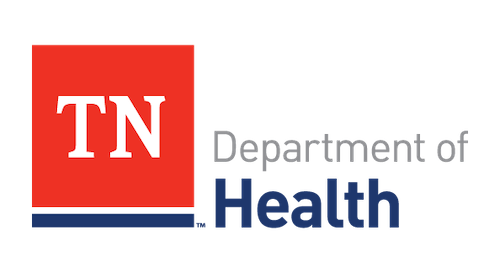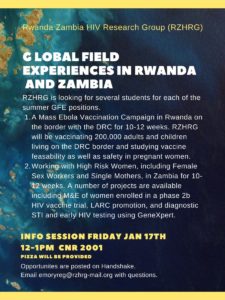Job Overview
The Tennessee Department of Health’s Division of Family Health and Wellness is hiring an Epidemiologist 2 for the Early Childhood section in Nashville, TN. This position is responsible for professional scientific and epidemiological assessments of considerable difficulty for multiple programs.
Key Responsibilities
Evidence Based Home Visiting
• Serve as the main contact for Evidence Based Home Visiting Program staff and Central Office program staff for questions related to data reporting
• Perform data cleaning and analysis of data submitted by community home visiting program staff and collaborates with staff from other state agencies to obtain linked administrative for federal reporting and state reporting, including the Home Visiting Legislative Report
• Oversee preparation and submission of quarterly and annual reporting to federal partners
• Oversee internal and external program evaluation projects related to Early Childhood Section
• Work with grantees to improve quality of data entry at the local level and run reports as needed throughout the year to support continuous quality improvement (CQI) efforts
• Attend local and national home visiting meetings
• Assist with preparation of fact sheets and reports
• Participate in strategic planning activities
• Fulfill ad-hoc data and/or analysis requests
Care Coordination
• Translate programmatic requirements into the development of appropriate data collection instruments
• Participate in strategic planning activities
• Collaborate with Division Clinical Application Coordinator and Information Technology (IT) in development of program business requirements for data collection system
• Prepare routine reports of program participation and outcomes to internal and external partners
• Fulfill ad-hoc data and/or analysis requests
Neonatal Abstinence Syndrome
• Maintain online surveillance submission portal
• Ensure complete and accurate data through weekly data cleaning
• Provide technical assistance to portal users, including user management
• Complete weekly, monthly and annual surveillance reports to the Commissioner and other stakeholders.
Supervision Responsibilities
This position supervises two staff persons in the Epidemiologist 1 job class.
Minimum Qualifications
Education and Experience: Graduation from an accredited college or university with a doctorate degree in epidemiology.
OR
Education and Experience: Graduation from an accredited college or university with a doctorate degree in medicine (MD), osteopathic medicine (DO), veterinarian medicine (DVM) public health, biostatistics, statistics, health informatics health sciences, biomedical sciences or environmental sciences with experience equivalent to two years’ work experience in epidemiology. Substitution of Education for Experience: Additional graduate coursework in public health or an Epidemic Intelligence Service (EIS) Fellowship may substitute for the required experience on a year-for-year basis to a maximum of two years. OR
Education and Experience: Graduation from an accredited college or university with a master’s degree in epidemiology, public health, biostatistics, statistics, or health informatics with experience equivalent to four year’s work experience in epidemiology. Substitution of Education for Experience: Additional studies with an Epidemic Intelligence Service (EIS) Fellowship may substitute for the required experience on a year-for-year basis to a maximum of two years. OR Education and Experience: Graduation from an accredited college or university with a master’s degree in health science, biomedical science or environmental science with experience equivalent to six year’s work experience in epidemiology. Substitution of Education for Experience: Additional studies with an Epidemic Intelligence Service (EIS) Fellowship may substitute for the required experience on a year-for-year basis to a maximum of two years.
To apply:
Please send cover letter and resume to Dr. Kimberly Lamar, Kimberly [dot] lamar [at] tn [dot] gov








Recent Comments